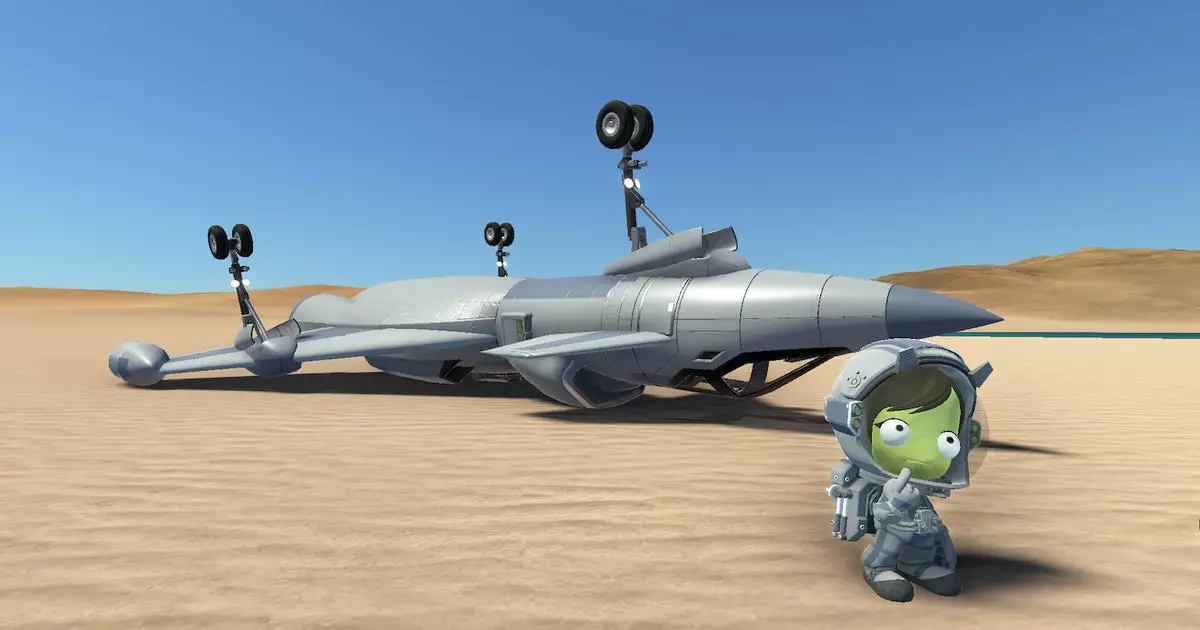Amidst the complexities of the video game industry, Take-Two Interactive has taken a significant step back to realign its strategic approach by divesting its publishing label, Private Division, to an undisclosed buyer. This move, which was officially announced in an investor call led by company president Karl Slatoff, reflects a broader industry trend where gaming corporations are recalibrating their operations to concentrate on high-revenue franchises rather than smaller experimental titles.
Take-Two’s decision to divest itself of Private Division, alongside several of its titles—both live and unreleased—signals a clear shift in focus toward cultivating its core and mobile gaming sectors. The strategic rationale behind this transition comes from the understanding that the marketplace for smaller, independent projects often lacks the profitability seen in mainstream AAA experiences. Slatoff remarked on the company’s appreciation for the contributions of Private Division while emphasizing that their priority would now be on scaling back operations to amplify existing successful IPs.
Additionally, the retention of the game “No Rest For The Wicked,” developed by the creators of “Ori and the Blind Forest,” signifies that while Take-Two consolidates its portfolio, they still see value in specific projects that align with their strategic goals. This discerning approach suggests that the company is not entirely abandoning innovative endeavors but is rather seeking to curate its offerings more genuinely.
In conjunction with the sale, Take-Two confirmed the closure of Roll7, the studio behind “OlliOlli World,” and Intercept Games, known for “Kerbal Space Program 2.” This follows a spate of layoffs over recent months at both studios, illustrating an unyielding trend where even celebrated developers are rendered expendable in the unrelenting pursuit of profit. The decision to shut down these studios underscores the harsh reality of the gaming industry where creative ambitions are often subjected to financial constraints.
The shift away from supporting smaller studios also raises critical questions about the future of creativity in the gaming landscape. Companies like Take-Two may be inadvertently sidelining unique game concepts that do not adhere to the “big hit” formula, potentially stifling innovation in pursuit of fiscal stability.
Take-Two’s recent financial reports reveal stronger-than-expected second quarter results for the fiscal year 2025, primarily fueled by the enduring success of their blockbuster franchises like “Grand Theft Auto” and “Borderlands.” CEO Strauss Zelnick attributes this financial success largely to these flagship titles, reflecting a renewed emphasis on scaling back to core competencies that can deliver consistent revenue generation.
While the announcement of anticipated record performances for the 2026 and 2027 fiscal years offers optimism, it is worth noting that this outlook hinges significantly on upcoming titles, particularly “GTA 6.” The speculation surrounding this highly anticipated release suggests that the company is banking on its heritage franchises to drive future growth.
Take-Two’s pivot isn’t an isolated incident; rather, it reflects a larger trend across the gaming industry, where major companies are increasingly reluctant to invest in smaller, innovative projects. A recent example includes Ubisoft’s decision to dissolve the team behind the latest “Prince of Persia” installment, indicating that even well-regarded studios are facing scrutiny over their resources and outputs.
This growing tendency suggests a challenging future for smaller, creative projects that deviate from AAA traditions. As financial pressures mount and consumer expectations evolve, there may be an inevitable trade-off between innovation and profitability. The industry appears to be coalescing around a singular narrative: prioritize blockbuster titles at the expense of smaller-scale creative ventures.
As Take-Two navigates this transitional phase, the ramifications of its strategic decisions will likely ripple throughout the gaming ecosystem. While the immediate financial outlook appears robust, the decision to eliminate smaller studios and divest from innovative projects may have long-term effects on creativity and diversity within gaming narratives.
Thus, while Take-Two seeks to fortify its business model by focusing on proven franchises and lucrative expansions, it must tread carefully to ensure it does not forsake the imaginative spirit that propels the industry forward. Balancing profitability with innovation will indeed be one of the main challenges facing not only Take-Two but the gaming industry as a whole in the coming years.


Leave a Reply